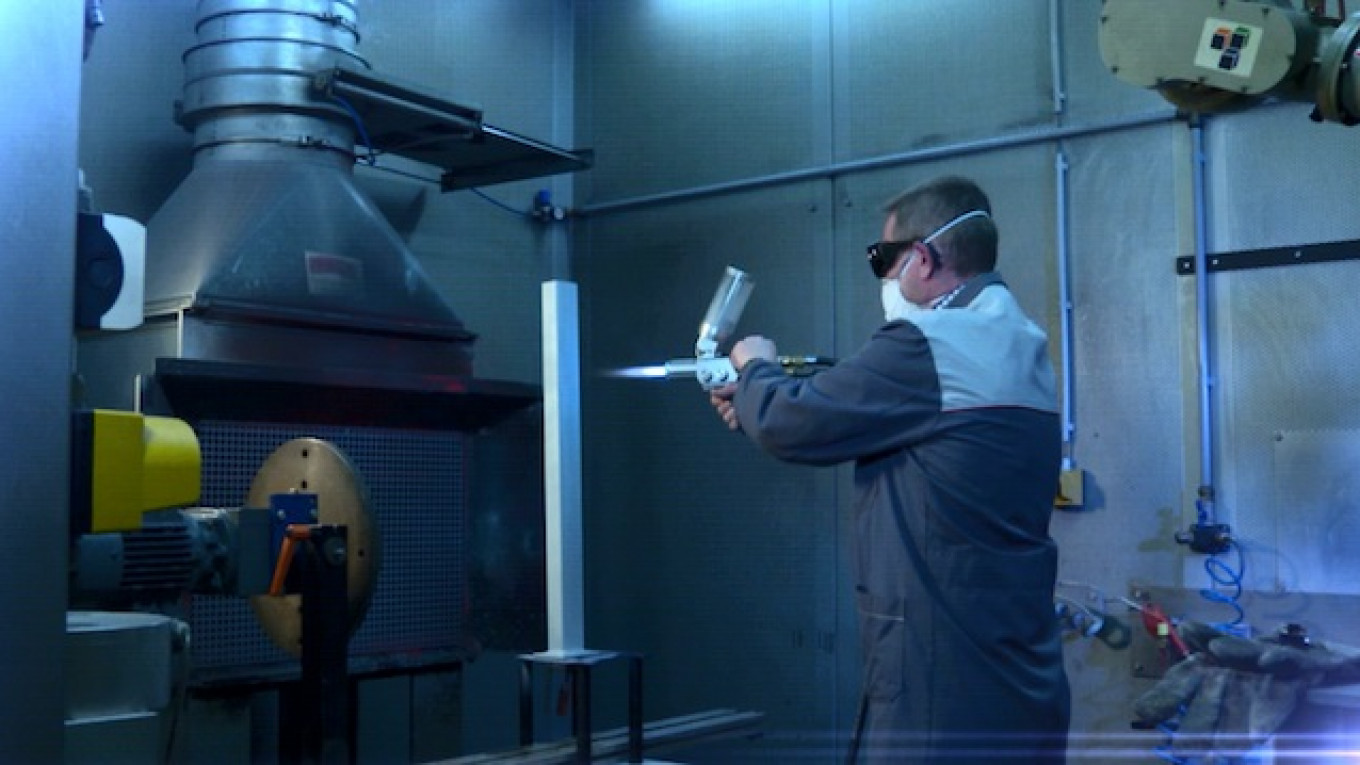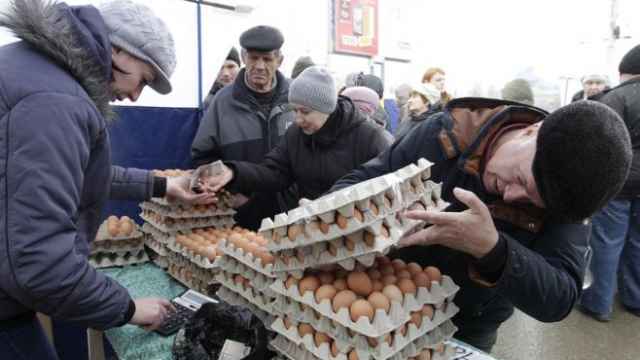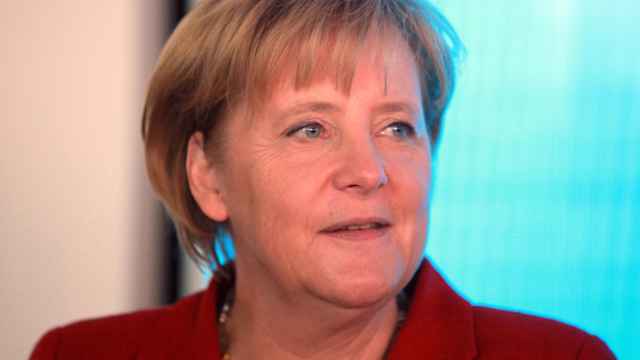German engineering exports to Russia fell 28 percent in the first quarter as customers struggled to finance purchases, engineering industry association VDMA said on Monday.
Russia fell to 10th position in German engineering exports from fourth in 2013, before the current standoff began with the West over Moscow's role in the Ukraine conflict, the VDMA said after a trade delegation visit to Russia.
Russian customers are having trouble financing purchases of expensive German machinery as local interest rates remain in double digits and foreign banks become increasingly hesitant to do business with Russian organizations, the VDMA said.
"The lack of financing is the biggest barrier at the moment," said Ulrich Ackermann, VDMA's head of foreign trade, adding that he expected engineering exports to fall a quarter to a third in 2015.
Uncertainty about whether machinery and components should be considered dual-use, meaning they could be used for military as well as civilian purposes and thus be illegal under sanctions, caused considerable delays with customs and export-control authorities, the VDMA said.
"It can be assumed that the bottom has not yet been reached," VDMA President Reinhold Festge told a news conference, adding that the low point may be reached in the second half.
Engineering exports to Russia fell 17 percent last year to 6.48 billion euros ($7 billion), about 22 percent of total German exports to Russia.
The VDMA said, however, only 2 percent of its members planned to withdraw from Russia, according to responses from 257 members in March and April. The association represents large engineering companies such as Siemens, as well as thousands of mostly medium-sized German industrial goods makers.
Since Russia annexed Crimea in March 2014, the European Union and the United States have imposed economic sanctions, visa bans and asset freezes on scores of Russian and Ukrainian citizens and organizations.
Russia last week imposed an entry ban on 89 European politicians and military leaders in a move that angered Europe and worsened the standoff with the West.
The VDMA said fears were growing among its members that Chinese engineering firms would displace German rivals and become Russia's biggest suppliers of machinery, after gaining 10 percentage points in market share over the past decade at Germany's expense.
The association reported earlier that German engineering orders dropped 2 percent in real terms in April from a year ago as demand at home and abroad weakened.
A Message from The Moscow Times:
Dear readers,
We are facing unprecedented challenges. Russia's Prosecutor General's Office has designated The Moscow Times as an "undesirable" organization, criminalizing our work and putting our staff at risk of prosecution. This follows our earlier unjust labeling as a "foreign agent."
These actions are direct attempts to silence independent journalism in Russia. The authorities claim our work "discredits the decisions of the Russian leadership." We see things differently: we strive to provide accurate, unbiased reporting on Russia.
We, the journalists of The Moscow Times, refuse to be silenced. But to continue our work, we need your help.
Your support, no matter how small, makes a world of difference. If you can, please support us monthly starting from just $2. It's quick to set up, and every contribution makes a significant impact.
By supporting The Moscow Times, you're defending open, independent journalism in the face of repression. Thank you for standing with us.
Remind me later.






